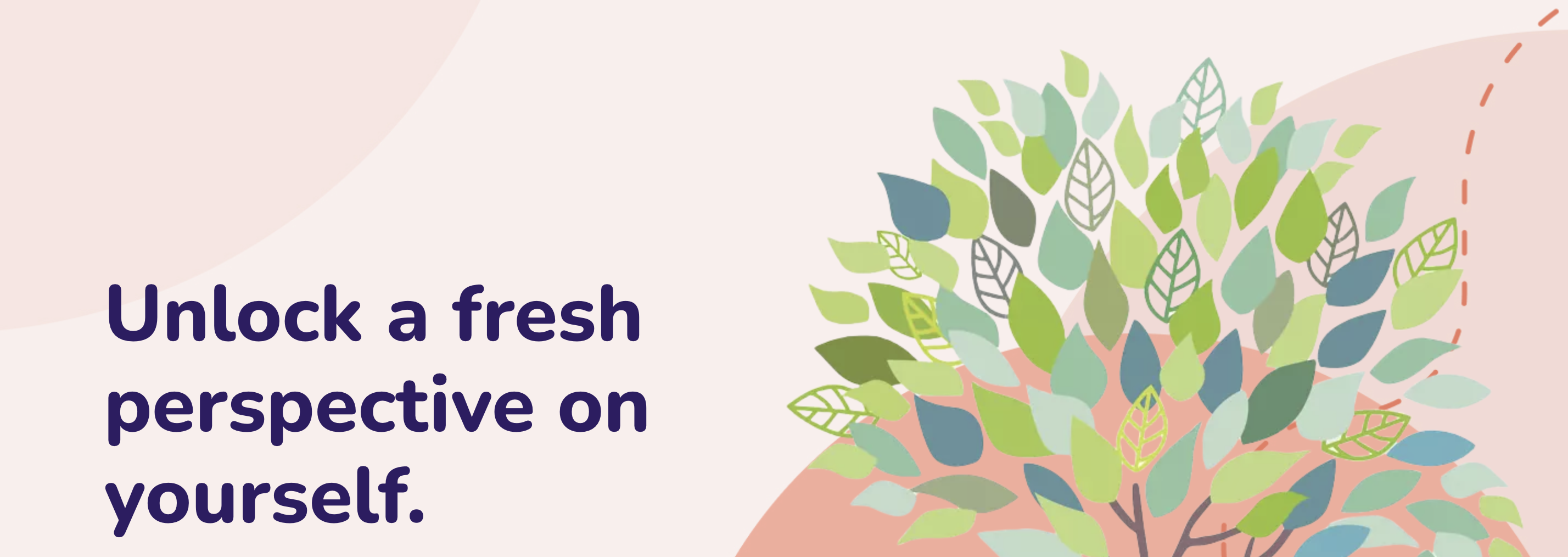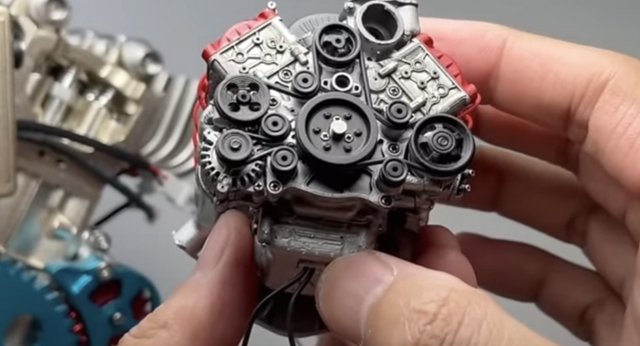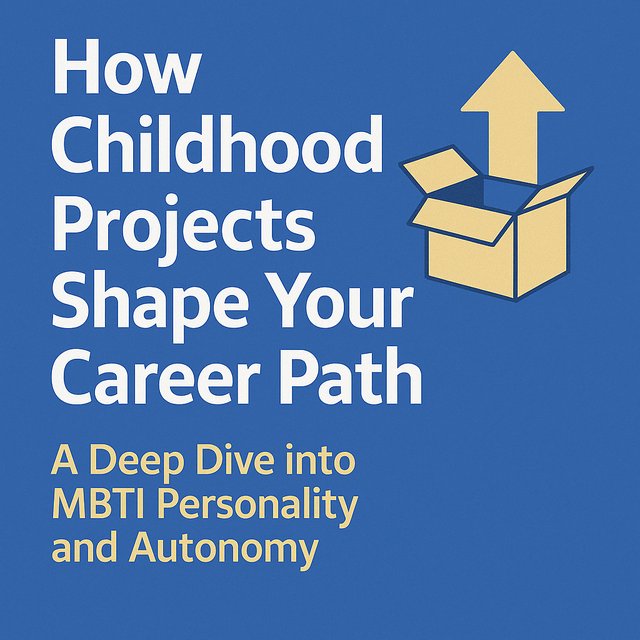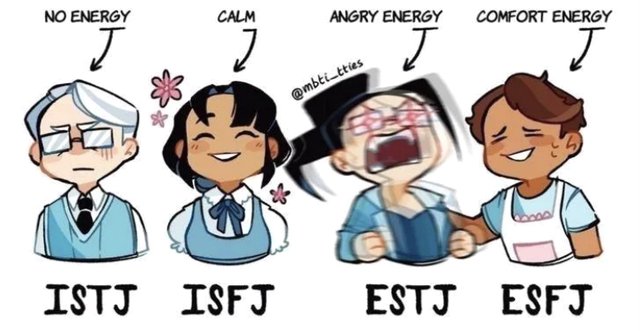Sensing vs. Intuition: Unlocking Your Personality Type to Find Your Dream Career

Understanding your personality type is a critical step in unlocking your full potential, both personally and professionally. Among the 16 Myers-Briggs Type Indicator (MBTI) personality types, the Sensing (S) and Intuition (N) preferences are two of the most influential dimensions that shape how we perceive the world and make decisions. These preferences not only define how we process information but also play a significant role in determining the career paths that align with our natural strengths and inclinations.
In this article, we’ll explore the key differences between Sensing and Intuition, how these traits influence career choices, and how ProMbti can help you leverage your unique personality type to find your ideal career path.
What Are Sensing and Intuition?
Sensing and Intuition are two opposing cognitive functions in the MBTI framework. They represent how individuals gather and interpret information from the world around them.
Sensing (S): Individuals with a Sensing preference are grounded in the present moment. They are practical, detail-oriented, and rely on their five senses to process information. Sensors prefer concrete facts, tangible data, and real-world experiences. They excel in environments where precision, accuracy, and attention to detail are valued.
-
Intuition (N): Intuitive individuals, on the other hand, are future-oriented and imaginative. They focus on patterns, possibilities, and abstract concepts rather than concrete details. Intuitives are drawn to big-picture thinking, innovation, and exploring new ideas. They thrive in roles that require creativity, strategic planning, and visionary thinking.
How Sensing and Intuition Influence Career Choices
Your preference for Sensing or Intuition can significantly impact the types of careers that resonate with you. Here’s a closer look at how these traits manifest in the workplace:
1. Sensing (S) Careers
Sensors are naturally suited for roles that require practicality, hands-on skills, and attention to detail. They excel in environments where they can apply their knowledge to real-world problems. Some ideal career paths for Sensors include:
Engineering and Technical Roles: Sensors thrive in fields like mechanical engineering, software development, and IT, where precision and problem-solving are key.
Healthcare Professions: Careers such as nursing, dentistry, and medical technology appeal to Sensors due to their focus on tangible outcomes and patient care.
Skilled Trades: Electricians, carpenters, and mechanics benefit from the Sensor’s ability to work with their hands and follow detailed instructions.
Administrative and Organizational Roles: Sensors are well-suited for roles in project management, logistics, and operations, where attention to detail and practical execution are critical.
2. Intuition (N) Careers
Intuitives are drawn to careers that allow them to explore ideas, innovate, and think strategically. They excel in roles that require creativity, vision, and long-term planning. Some ideal career paths for Intuitives include:
Creative Arts and Design: Intuitives often flourish in fields like graphic design, writing, and filmmaking, where they can express their imagination and originality.
Strategic Leadership: Roles in business strategy, entrepreneurship, and consulting appeal to Intuitives’ ability to see the big picture and anticipate future trends.
Research and Development: Intuitives are well-suited for careers in scientific research, innovation, and technology, where they can explore new ideas and push boundaries.
-
Counseling and Coaching: Intuitives often excel in roles that involve understanding human behavior, such as psychology, life coaching, and career counseling.
The Strengths and Challenges of Sensing and Intuition
Both Sensing and Intuition come with their own unique strengths and challenges. Understanding these can help you make informed decisions about your career and personal growth.
Strengths of Sensing (S):
Practical and grounded in reality
Detail-oriented and thorough
Strong problem-solving skills in concrete situations
Reliable and consistent in their work
Challenges of Sensing (S):
May struggle with abstract or theoretical concepts
Can be resistant to change or new ideas
May overlook long-term implications in favor of immediate results
Strengths of Intuition (N):
Creative and innovative thinkers
Strong ability to see patterns and connections
Visionary and future-oriented
Adaptable and open to new possibilities
Challenges of Intuition (N):
May overlook important details or practical considerations
Can become overwhelmed by too many ideas or possibilities
-
May struggle with routine or repetitive tasks
How ProMbti Can Help You Navigate Your Career Path
At ProMbti, we specialize in helping individuals understand their MBTI personality types and apply this knowledge to their career development. Here’s how we can support you:
Personality Assessments: Our comprehensive MBTI assessments provide deep insights into your Sensing or Intuitive preferences, helping you understand your strengths and areas for growth.
Career Matching: Based on your personality type, we recommend career paths that align with your natural inclinations and professional goals.
Skill Development: We offer tailored resources and coaching to help you develop the skills needed to excel in your chosen field.
-
Networking Opportunities: Connect with like-minded professionals and mentors who share your personality type and career interests.
Conclusion: Embrace Your Unique Personality Type
Whether you’re a Sensor who thrives on practicality and detail or an Intuitive who excels in creativity and innovation, understanding your MBTI personality type is the first step toward finding a career that brings you fulfillment and success. By leveraging your natural strengths and addressing your challenges, you can unlock your full potential and achieve your professional goals.
At ProMbti, we’re here to guide you every step of the way. Take our MBTI assessment today and discover how your Sensing or Intuitive preferences can shape your ideal career path.
This article provides a detailed, professional perspective on the Sensing vs. Intuition dichotomy, offering actionable insights for career development while maintaining an engaging and SEO-friendly tone.




